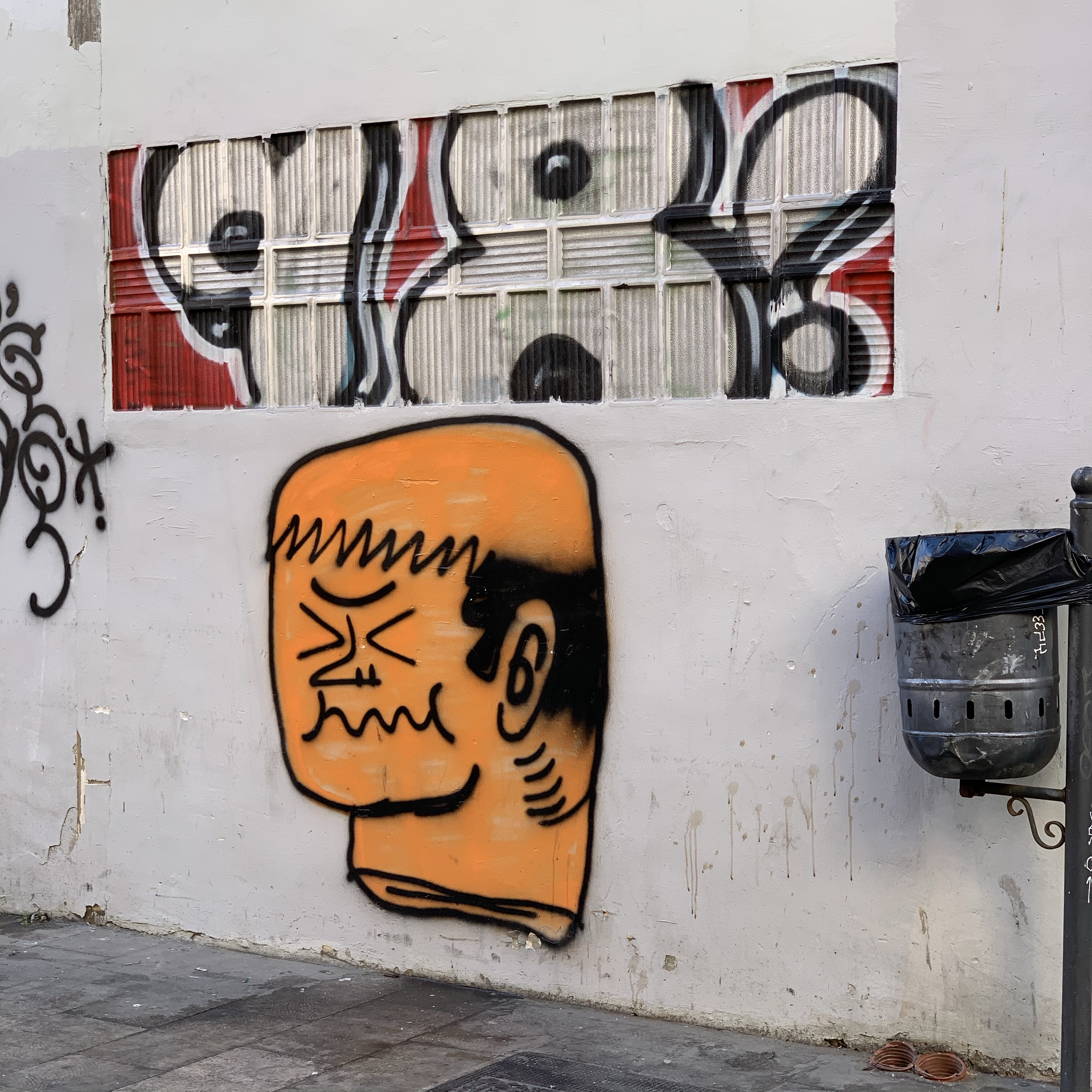Although they are commonly used in our daily speech, “crazy,” “insane,” and “nuts” all have meanings extending beyond the current vernacular. For instance, “crazy” comes from 16th-century English, where it literally meant “full of cracks and flaws; broken,” but was used to refer to a person being “deranged” or “demented.” “Insane,” which is used colloquially in place of “outrageous,” derives from the Latin word insanus, meaning unsound of mind or mad. The use of the word “nuts” to mean “foolish” comes from its use in the mid-19th century, when it meant “not right in the head.” (Thanks to https://www.etymonline.com/ for the etymological background).
Other words have entered our lexicon as well as synonyms for terms like “ridiculous” and “silly.” However, unlike the adjectives already mentioned, they’re actual medical diagnoses: schizophrenic, bipolar, Tourette’s.
More now than ever, I try to be thoughtful about what I say when it comes to terminology associated with mental health. Frequently, we use the names of actual psychological conditions to describe idiosyncratic behavior. We call an incoherent or inconsistent management style “schizophrenic.” Or, we refer to someone who changes their mind continuously as “bipolar.” These are medical diagnoses that very few of us are qualified to make. More importantly, they contribute to the stigma associated with mental health in our society when they are used to express contempt, disapproval, or ridicule.
How can we do better?
Recognizing that it is not feasible to rewrite the English language and reset idiomatic usage around the world, I’ve tried to start with my own vocabulary. If I believe that words have resonance and should be used with intention, then I need to act that way.
Albeit imperfect, my solution is to not diagnose people with psychiatric conditions in my everyday speech. That means that when I want to say someone is doing something strange, odd, or that I think is unwarranted, I say that they are being “silly,” “foolish,” “ridiculous,” “ludicrous,” or any one of a number of other fantastic words that exist in the English language that are not mental illnesses. Although I try to be more creative with my swaps, from time to time, I still call places and things (i.e., inanimate objects) “crazy” or “nuts,” sometimes even “insane,” but never people.
This one simple change to your discourse can make the difference in how those around you who have primary or secondary experience with mental illness feel included (or alienated) by you. Think of it as an act of kindness to your fellow human beings. If someone has experience with bipolar disorder or schizophrenia, they may not find it amusing when you offhandedly use those words as perjoratives.
Ultimately, it’s up to us, as individuals, to put an end to this tomfoolery and eliminate the stigma of mental illness in our society. Here’s a small step all of us can take.


Liz – Isn’t this the truth! We get lazy in our vernacular. So many words that people fail to really think do they fit? Are they appropriate?
Additionally, amazed that you are dealing with such a hard time and still able to write so eloquently. Really impressive!
Sending good thoughts! – Kimberly
LikeLike